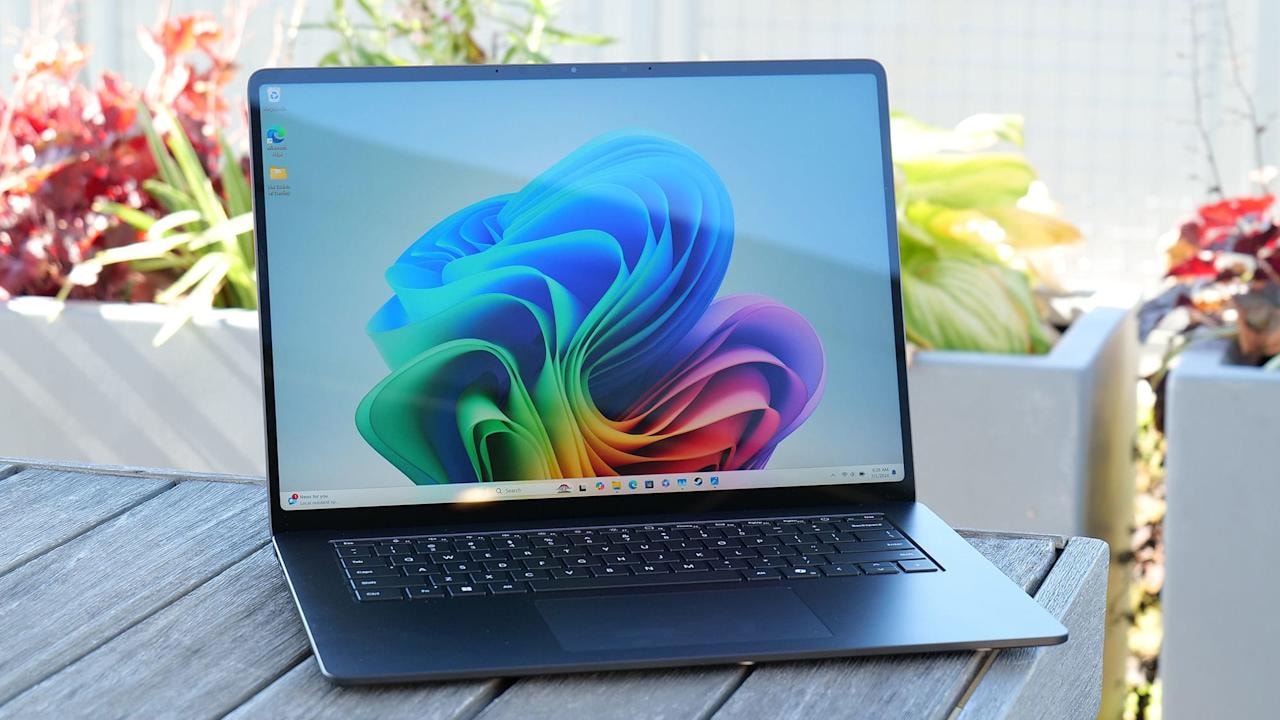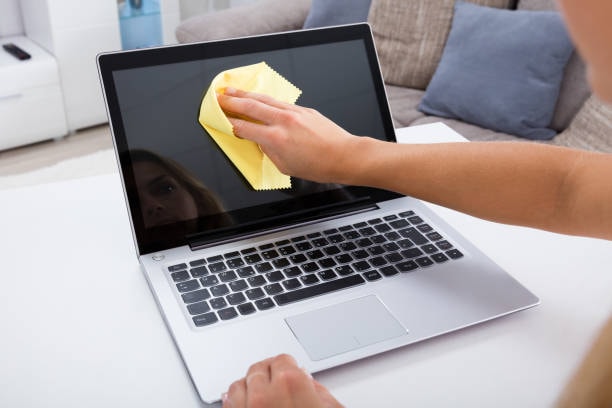8 tips to help your laptop last for years
Laptops are increasingly becoming an “indispensable” device for study and work. However, many people only know how to use them but forget how to protect and take care of them properly. Below are some useful tips to help your laptop operate stably after many years of use.
1. Store and protect your laptop carefully
One of the most important principles to keep your laptop durable is physical protection. Storing your laptop with books, water bottles or other miscellaneous items in a regular backpack can potentially cause collisions, scratches or even damage to components.

The best solution is to invest in a padded laptop bag or case. This will minimize the impact of unwanted bumps and keep your device safe during your daily commute.
2. Clean your laptop regularly
Dust is always floating in the air and often sticks to household appliances, especially electronic appliances such as laptops. Dust not only makes laptops age faster but also reduces the performance of the machine when it sticks to internal components.
Therefore, during use, you should regularly clean and wipe your laptop clean. You should use specialized cleaning cloths for laptops to avoid scratches and loss of aesthetics.
3. Do not place anything on the laptop
Absolutely do not place anything on the laptop, especially heavy or sharp objects because these objects, when rubbing against the laptop, will cause scratches, negatively affect the appearance, and even affect the electronic components inside.
Not only that, when subjected to force from heavy objects pressing down, the laptop's frame will sink, the screen will be pressed down close to the keyboard and cause a shadow of the keyboard to be imprinted on the laptop screen, making the laptop look bad.
4. Wipe the screen with a soft cloth
The screen is a very important part of a laptop. Therefore, you need to preserve it properly so as not to affect the usage process. You should not use paper to wipe the screen because it will leave excess debris and can scratch.

When cleaning your laptop screen, use a soft microfiber cloth or a glass cleaning cloth to clean effectively and protect the laptop screen from rubbing. In addition, you should gently wipe the screen in a circular motion, ensuring complete coverage.
5. Do not use or place your laptop on the bed
We often have the habit of using and placing the laptop on the bed to conveniently watch movies, listen to relaxing music while lying down to rest. However, this is a bad habit, reducing the performance of the machine.
When you place your laptop on the bed, the ventilation holes underneath the laptop will be blocked. At that time, the heat will not be able to dissipate to the outside, which will cause the machine to heat up and slow down the machine's operating speed.
6. Avoid leaving your laptop in a place that is too hot
High temperatures are one of the reasons why components' lifespans decrease rapidly. To limit this situation, you should ensure that the heat dissipation slots are always ventilated. Avoid using your laptop on blankets, pillows or soft surfaces, as they can obstruct air circulation and cause the machine to heat up quickly.
In addition, limit using your laptop outdoors in the hot sun for long periods of time, because sunlight not only heats up the internal components but also makes it difficult to see the screen.
7. Take proper care of your battery
Batteries are prone to deterioration if not properly cared for. Some simple habits can help you extend the battery life significantly. Avoid leaving your laptop plugged in 24/7, and also do not let the battery completely drain before recharging. The ideal battery level to maintain is between 20% and 80%.
If you frequently work while plugged in, unplug the charger from time to time to let the battery use and recharge. This will not only help the battery maintain better performance but also improve the charging speed of the device.
8. Regularly update software
A durable laptop is not only about hardware, but software also plays an important role. Regularly update the operating system to fix bugs and improve performance.
In addition, regular virus scans help prevent malware from affecting data and processing speed. In terms of storage capacity, you should keep at least 15-20% of your hard drive free. A hard drive that is too full can cause the computer to run sluggishly, easily generate errors, and reduce overall performance. Good data management also means you keep the system stable and reliable.
In short, a laptop is a valuable investment, and how you use it will determine its lifespan. From physical protection, keeping it cool, proper battery care, to software maintenance, each factor plays an important role in keeping the device running smoothly for many years./.

.jpg)

.jpg)


